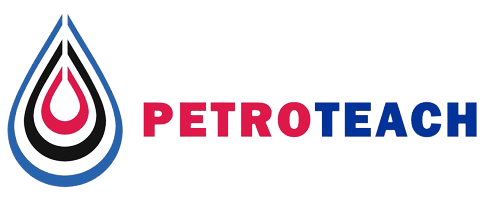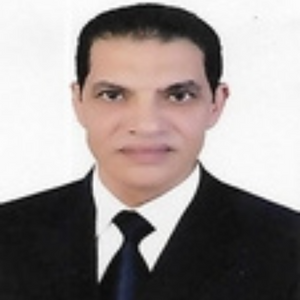RES 429
Best Practices of Enhanced Oil Recovery Projects
The course is designed to provide attendants with solid understanding of different design aspects, types, screening criteria, and field application of current and advanced types of Enhanced Oil Recovery (EOR) processes.



